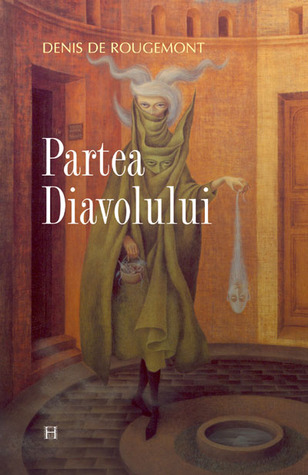Theodore Roosevelt famously summarized his approach to foreign relations: "Speak softly and carry a big stick." According to Angelo Codevilla, however, since TR left office administrations of both parties have tended to wield the stick clumsily at best. Worse, their speech ("soft" in a sense very different from Roosevelt's) has been used to obfuscate inconvenient realities rather than to provide clear statements of principles and intent. Unfortunately, both respect, the key to good foreign relations, and unity, the key to good domestic relations, depend upon clarity. The studied ambiguity of the establishment, whether Liberal Internationalist, Realist, or Neoconservative, has thus denied America any chance at real peace or real victory, not in spite of but precisely because of their aversion to conflict.
A book on this subject might be expected to be of limited interest to anyone not directly involved, or hoping one day to be involved, in the making of American diplomacy, but Codevilla's most trenchant observations come when he considers the roots of the problems that are his focus. In his view, the fundamental issue is that the opinions of the establishment proceed from a flawed anthropology (and therefore, one might infer, a flawed theology) which imagines that human beings are motivated almost entirely by material needs and desires, and that war is therefore always a regrettable interruption in the collective pursuit of prosperity. To deracinated American elites, the idea that men might be inspired to struggle by love of tribe or religion is almost entirely foreign, and therefore such motivations, the highest in the human experience, are considered only as the cover for baser drives, and thus irrelevant. This irrational presumption, it seems, may be the cause of much of our modern political and social dysfunction.


